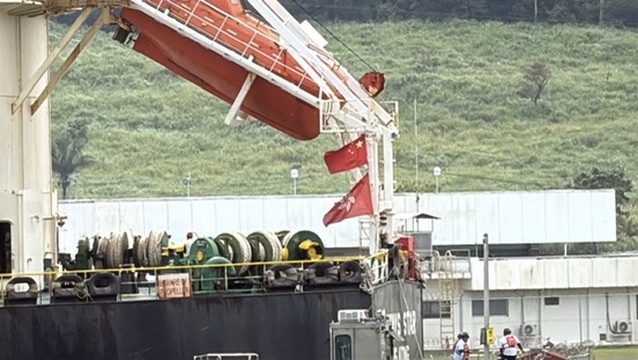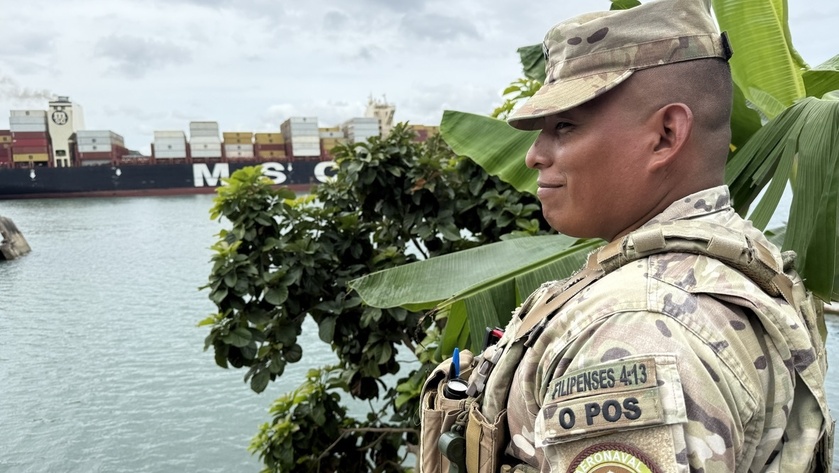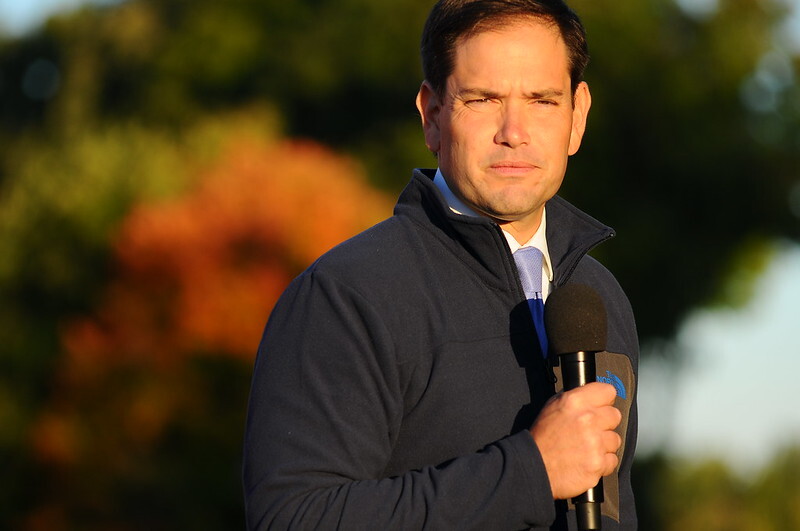
The Panama Canal is back in the spotlight, and for good reason. This vital link between the Atlantic and Pacific Oceans has become a focal point of geopolitical tensions, with the United States stepping up its involvement. Recently, sources close to U.S. intelligence revealed China’s growing interest in Panama, which has prompted the U.S. to declare the Canal a matter of "national security."

China’s Game-Changing Proposal
Here’s the deal that’s turning heads: China has reportedly offered Panama an ambitious package that includes:
- Paying 50% of Panama’s national debt, which currently stands at $54 billion.
- Building a railway connecting Panama City to Chiriquí, boosting infrastructure and economic growth.
China also requested that the Panama Canal allow transactions in currencies of BRICS nations—Brazil, Russia, India, China, and South Africa—instead of exclusively using the U.S. dollar. If Panama accepts, this could weaken the dollar’s dominance and reshape global trade.
This proposal aligns with BRICS’ broader strategy of reducing reliance on the dollar, positioning the Canal as a key piece in China’s economic playbook.
Enter Marco Rubio

Adding to the intrigue, U.S. Secretary of State Marco Rubio is planning a visit to Panama as part of his first official foreign trip, which will also include Guatemala, El Salvador, Costa Rica, and the Dominican Republic. According to U.S. officials, the trip is tentatively scheduled for late January to early February.
Rubio’s agenda is expected to focus on two main issues tied to the MAGA foreign policy platform:
- Curtailing illegal migration through collaboration with countries in the Western Hemisphere.
- Reinforcing U.S. claims over the Panama Canal, following former President Donald Trump’s assertion that the U.S. should “reclaim” the strategically crucial waterway.
Panama’s leadership has strongly rejected Trump’s remarks. Speaking at the World Economic Forum in Davos, President José Raúl Mulino stated,
“The Panama Canal belongs to Panama and will continue to belong to Panama. The Panama Canal is not a concession or a gift from the United States.”
Rubio’s visit will undoubtedly be watched closely, not just for its implications on the Canal but also for its focus on migration, a priority he highlighted in a recent memo to State Department employees. He called mass migration “among the most consequential issues of our time” and pledged to negotiate agreements to repatriate illegal immigrants.
Why the U.S. Cares So Much
 The U.S. has a lot at stake when it comes to the Panama Canal, and it’s not just about keeping trade routes open. The financial implications of Panama stopping its exclusive use of the U.S. dollar for Canal transactions—and allowing payments in BRICS currencies instead—could be devastating for the United States.
The U.S. has a lot at stake when it comes to the Panama Canal, and it’s not just about keeping trade routes open. The financial implications of Panama stopping its exclusive use of the U.S. dollar for Canal transactions—and allowing payments in BRICS currencies instead—could be devastating for the United States.
Here’s why: the U.S. dollar is the world’s primary reserve currency, meaning most global trade and international financial transactions rely on it. This status gives the U.S. enormous economic advantages, including lower borrowing costs, strong influence over global markets, and the ability to impose effective sanctions.
If Panama acceded to China’s request and began accepting BRICS currencies like the Chinese yuan or Russian ruble, it would weaken the dollar’s dominance in global trade. This could trigger a domino effect, encouraging other countries and major international trade hubs to follow suit. Over time, the dollar’s role as the cornerstone of the global financial system could erode, undermining U.S. economic power and destabilizing its ability to manage debt.
For the U.S., losing the Panama Canal as a bastion of dollar-based trade wouldn’t just be a symbolic blow—it would be a tangible threat to its economic security. A shift toward BRICS currencies would empower competing nations like China and Russia, allowing them to grow their influence while diminishing Washington’s leverage on the global stage.
This is why the U.S. sees China’s proposal to Panama as a red flag. It’s not just about keeping control of a strategic waterway—it’s about safeguarding the foundation of America’s economic might. The Canal has always been a crucial link for trade, but in this context, it’s also a battleground for the future of global finance. The stakes couldn’t be higher.
The Big Picture
As Panama balances its sovereignty with growing international pressures, the future of the Canal hangs in the balance. For now, all eyes are on Rubio’s upcoming visit and how it will shape U.S. policy in the region. One thing is certain: the Panama Canal is once again proving its immense importance on the global stage.
















